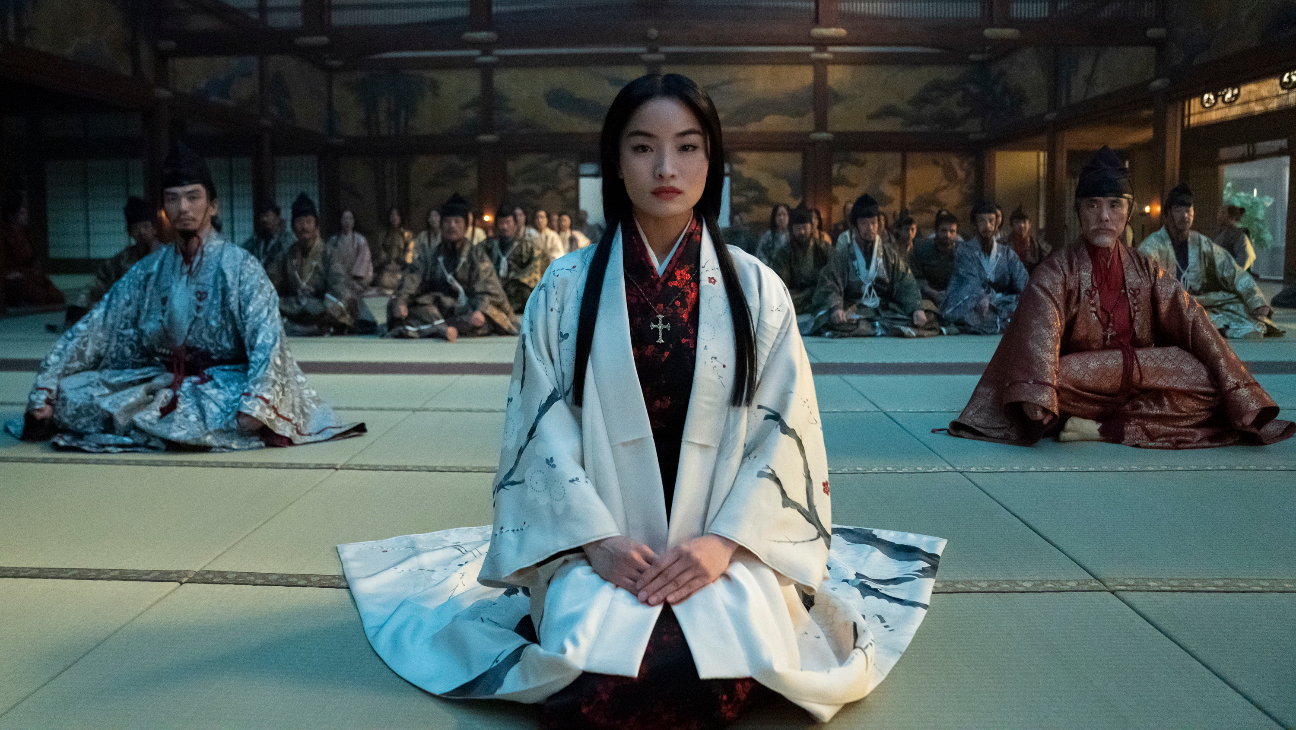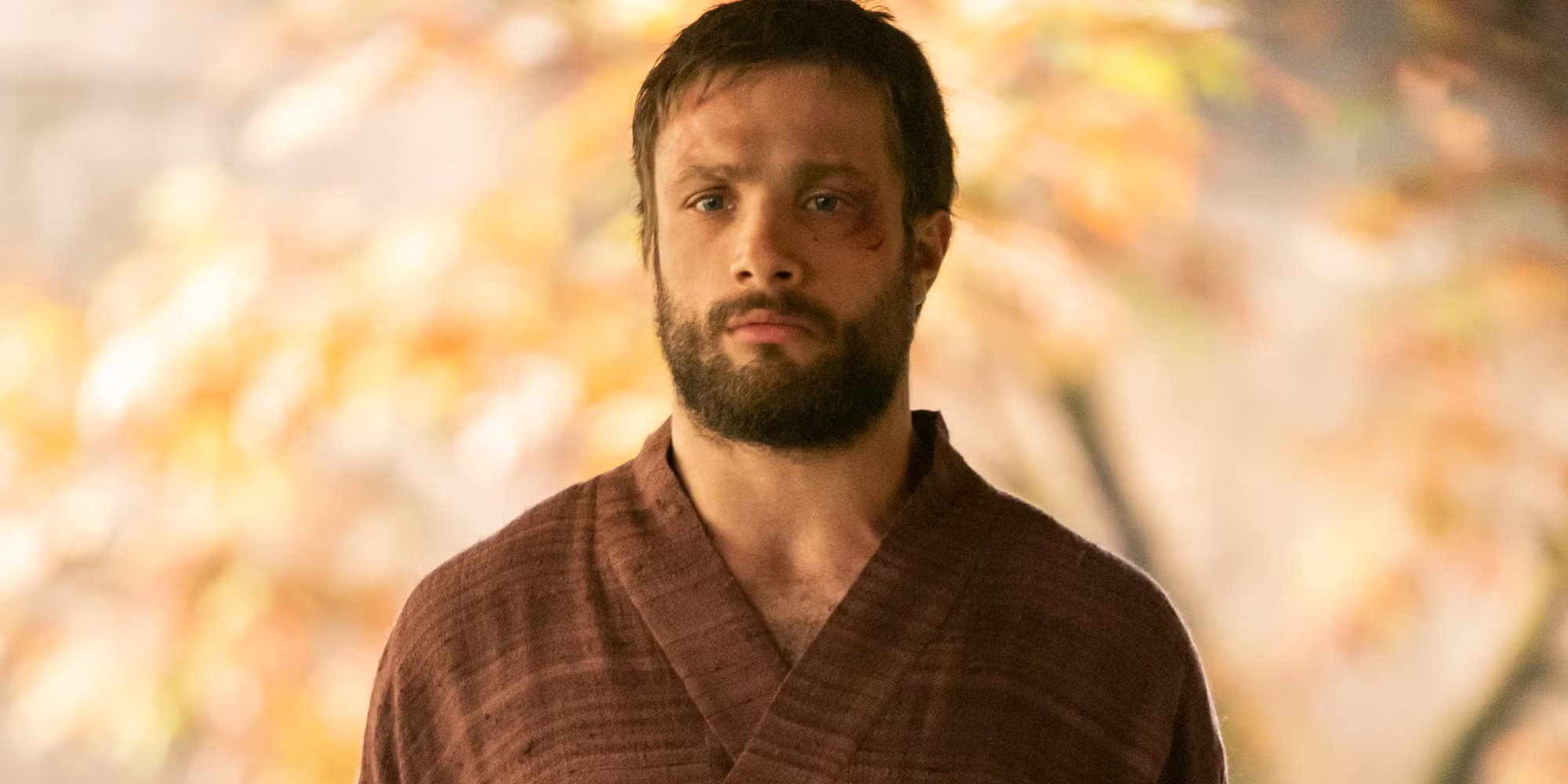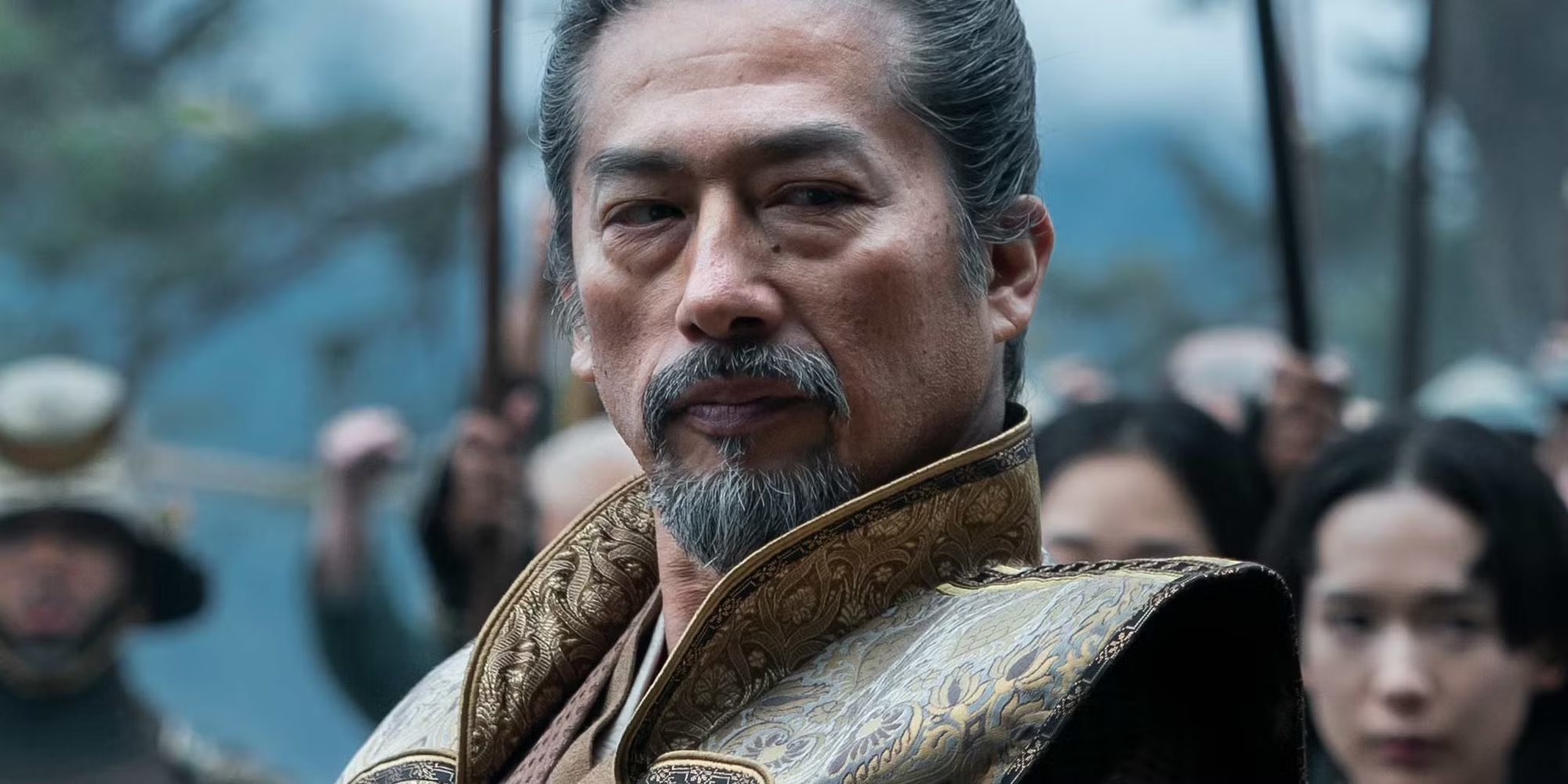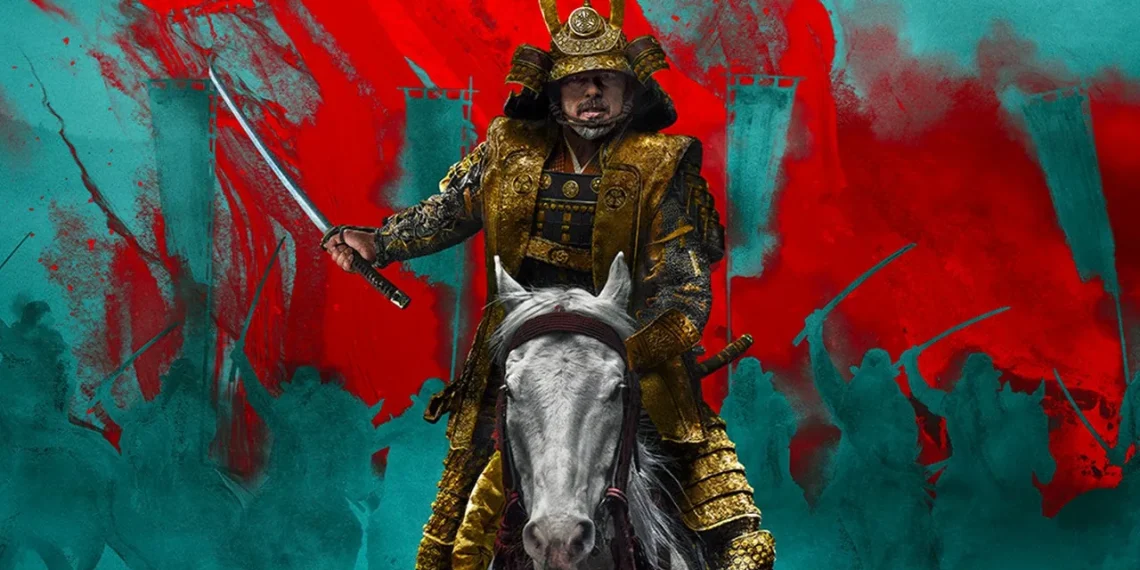The finale of Shōgun brings the series to an unexpected yet satisfying conclusion, forgoing the anticipated climactic battle in favor of a peaceful resolution. Episode 10, titled “A Dream of a Dream,” reveals how Lord Yoshii Toranaga (Hiroyuki Sanada) secures his victory without engaging in a significant military conflict. The unexpected twist in the finale highlights Toranaga’s ability to achieve his goals through strategy and diplomacy rather than bloodshed.
Shōgun Ending Explained
Mariko’s (Anna Sawai) death at the hands of shinobi is a pivotal moment that shifts the balance of power. In Episode 9, she is killed while trying to fend off an attack orchestrated by Ishido (Takehiro Hira). Yabushige (Tadanobu Asano), who ordered the attack, insists the shinobi were only supposed to capture Mariko, not kill her. However, Mariko’s death has a profound impact, leading Toranaga’s consorts in Osaka to revolt against Ishido, which weakens his position.

Ishido’s plans for an immediate strike against Toranaga are thwarted when the Council of Regents demands Mariko be buried with due respect, a request echoed by Ochiba no Kata (Fumi Nikaido). Toranaga later reveals that the entire “Crimson Sky” strategy had been about Mariko. By faking his surrender and sending her to Osaka, Toranaga intended to destabilize Ishido’s alliances, particularly with the Christian lords on the Council and Ochiba. Mariko’s death indirectly helps to weaken Ishido’s grip on power.
The Hidden Strategy Behind Mariko’s Death
Although Toranaga may not have anticipated Mariko’s death in Osaka, it ultimately fits into his long-term strategy. Mariko’s role in the Council of Regents was crucial, as her presence and Catholic background gave her leverage over the Christian members. She also made an impact on Ochiba, who, despite being estranged from her, still held respect for Mariko. Mariko’s challenge, in the form of a poem, causes Ochiba to reevaluate her loyalty. After Mariko’s death, Ochiba promises in a secret letter to Toranaga that she will withhold the Heir’s army when the time comes, cementing the success of the Crimson Sky strategy without the need for war.
Toranaga’s deal with the Church to protect Blackthorne (Cosmo Jarvis) is another key element of his plan. The Church, while having its own interests, ultimately agrees to help protect Blackthorne, ensuring his survival and eventual return to Ajiro with Toranaga’s entourage. Even as a Protestant, Blackthorne was seen as a threat by the Catholics, but Toranaga’s careful maneuvering ensured his safe passage, confirming his role in Japan’s future.

Blackthorne’s Personal Journey
Blackthorne also experiences significant character development in the finale. The episode begins with a vision of an elderly Blackthorne imagining himself dying in England, surrounded by his grandchildren. However, this vision fades as he reconsiders the life he once thought he wanted. Instead of succumbing to a passive, fading existence, Blackthorne takes control of his destiny.
Upon his return to Ajiro, Blackthorne is faced with the sight of his ship, the Erasmus, burned and sunk. Toranaga’s forces are pillaging the village in search of Christian saboteurs. However, Blackthorne realizes this was part of Mariko’s deal with the Church for his protection. In a powerful moment, Blackthorne offers his life in exchange for sparing the village, prepared to commit seppuku in protest. Toranaga stops him, revealing that the destruction of Blackthorne’s ship was a test to understand his true desires.
A New Beginning for Blackthorne
The culmination of Blackthorne’s journey is marked by his willingness to let go of the past. As he interacts with Usami Fuji (Moeka Hoshi), his former consort, he offers her a warm farewell, acknowledging her decision to take vows at a convent. Their parting is emotionally charged, as Blackthorne helps Fuji spread the ashes of her family into the sea, symbolizing their unity and closure. Blackthorne also bids farewell to Mariko’s cross, with Fuji helping him let go of the past, symbolizing his transition into a new phase of life.
Later, Blackthorne takes charge of rebuilding the Erasmus and constructing a new fleet, with the support of Toranaga’s people. Even as the physical labor begins, Blackthorne locks eyes with Toranaga from a distance, signaling that, despite the potential for future battles, Toranaga has already won the war. The two share a moment of understanding, as Toranaga’s victory is now secured.

Toranaga’s Peaceful Victory
The heart of the Shōgun finale lies in Toranaga’s ability to secure victory without resorting to war. Yabushige’s (Tadanobu Asano) betrayal of Toranaga stems from his inability to understand his lord’s strategy. Throughout the series, Yabushige has questioned Toranaga’s tactics, even going so far as to act as a double agent for Ishido. In the finale, Toranaga reveals that his plan was never about controlling the wind or brute force. Instead, it was about studying the winds of change and using them to his advantage.
Toranaga’s final conversation with Yabushige is a poignant moment. Yabushige, who has always sought to understand Toranaga’s endgame, finally receives the answer. Toranaga explains that Mariko’s mission in Osaka was a turning point, leading the Council of Regents to turn against Ishido. With Ochiba pledging not to send the Heir’s army into battle, Ishido is left isolated, and the Council will no longer support him. Toranaga has effectively won the war without fighting a single battle.
The final moments of the episode show Toranaga’s dream of unifying Japan finally coming true. Rather than engaging in a bloody battle at Sekigahara, Toranaga’s peaceful resolution secures his position as shōgun. The sacrifices of Mariko, Blackthorne, and even Yabushige, all contribute to Toranaga’s triumph. With the kingdom at peace, Toranaga’s rule begins, solidifying his status as the new shōgun, though his journey is far from over.
Shōgun’s finale subverts expectations, bringing the story to a conclusion that prioritizes strategy over violence. The deaths, betrayals, and alliances that have shaped the series all come to fruition in a moment of political mastery by Toranaga. Without the need for a climactic battle, Toranaga secures his place as shōgun, bringing peace to Japan after years of strife. The series concludes on a note of quiet triumph, with Toranaga’s vision finally realized and the future of Japan secured.




